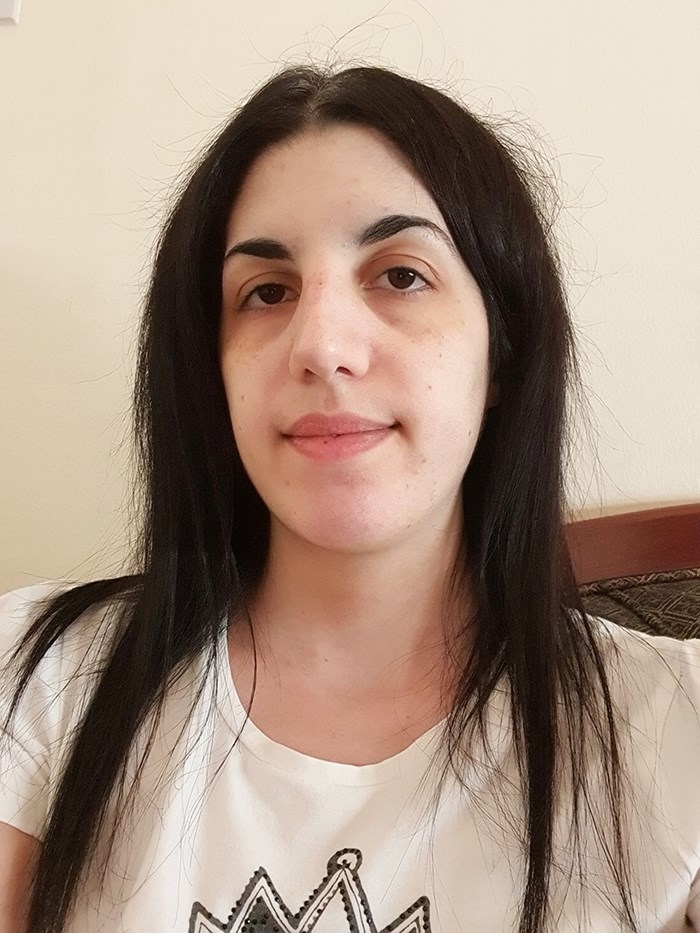International perspectives: Plastic surgery training in Cyprus

The Plastic Surgery Department of Nicosia General Hospital is the sole accredited plastic surgery training center in Cyprus. Part of the largest public-tertiary hospital on the island, it offers full training in the specialty. The program is designed to accept one new resident every year for a total of five trainees, after the applicants pass the Pancyprian Residency Examination. Residents are trained under supervision for four years.
The department is composed of the Plastic Surgery Clinic, where patients are admitted for scheduled and emergency surgeries, as well as postoperative monitoring; the Outpatient Clinic; and the Burns Intensive Care Unit – the only ICU on the island for patients who've sustained major burns. Residents are trained in all three posts, as well as in the O.R. Also, due to close distances in the island, they're often called to examine patients in other cities and even take part in operations there under supervision.
Training opportunities
Due to the hot temperatures and sunny weather, Cyprus records a relatively high number of skin cancer and melanoma diagnoses each year. (Nicosia averages nearly 2,995 hours annually; for comparison, Chicago averages 2,565.) The department has established a Pancyprian nevus and skin cancer clinic, where patients from throughout the island are referred for definitive treatment. Furthermore, the plastic surgeons often consult patients at the Hospital's Breast Center and conduct more than 100 breast reconstruction procedures annually. Residents get the chance to observe the weekly MDTs organized by the department in collaboration with the Bank of Cyprus Oncology Center.
As mentioned above, a critical aspect of trainee education is the time spent at the burns ICU. At the unit, patients who've sustained moderate to severe burns are admitted, and every resident is in charge of their daily care on rotation. It's one of the most constructive periods for the trainees, since they learn to take initiative and gain experience in the care of critically ill patients.
In addition, as part of the hospital's trauma team, a significant number of reconstructive microsurgical operations are performed annually at the department. Under the supervision of the Ministry of Health, a pilot program run by the department over the past three years is allowing residents under supervision to perform weekly aesthetic operations.
Nicosia General Hospital is also affiliated with the three medical schools in the country (University of Cyprus, European University of Cyprus and University of Nicosia). Many medical students are taught at its clinics every year, and plastic surgery trainees participate in the educational program during their plastic surgery rotations.
Last, but not least, the European Society of Plastic Reconstructive and Aesthetic Surgeons held its 2018 annual meeting in Limassol – which was met with great success.
Overcoming unique challenges
Although the Plastic Surgery Residency Program in Cyprus is high-quality with good standards of practice, there are unique challenges that residents in Cypriot must face.
After the emergence of COVID-19, specialty training has suffered in various ways. Hospital beds in the past year have been quickly occupied by patients needing treatment for the disease, and consequently, the maximum capacity for surgical specialties has decreased dramatically. As a result, many scheduled operations have been canceled in the past six months – and even emergency surgeries (trauma, cancer, etc.) are being put on hold wherever possible. This period clearly has led to lost opportunities for residents in all surgical specialties, due to the inability to further improve their knowledge and skills. In addition, due to the increased demand for doctors, plastic surgery residents are summoned to assume care responsibilities in the COVID-19 clinics and ICUs several times every month, further depleting them of their surgical training schedules.
Another distinct challenge residents have been trying to tackle is the small number of specialized seminars or training opportunities outside the hospital. Plastic surgery is a specialty with a wide array of specific procedures, and trainees often strive to focus their skills on specific areas such as microsurgery or pediatric surgery. Despite the more-than-satisfactory training at our department, it's expected that residents will have to travel at least twice a year to other countries in order to attend hands-on cadaveric courses, often at their own expense. One of the starkest examples is the Advanced Burns Life Support course – undoubtedly one of the most important programs in our specialty – which is not offered in Cyprus.
Final thoughts
The Cypriot program overall is unique and strong, despite its various challenges. Improvements – even though difficult during this hard time – are possible. New affiliations with international plastic surgery organizations would be greatly beneficial, as more doors to education, practical training and trainee exchange would be opened. I'm very hopeful that the future will be even more innovative and brilliant.
Dr. Fotiou is a plastic surgery resident at Nicosia General Hospital, Cyprus. She can be reached at antonia-fotiou@hotmail.com.